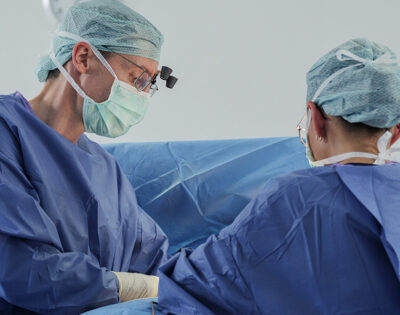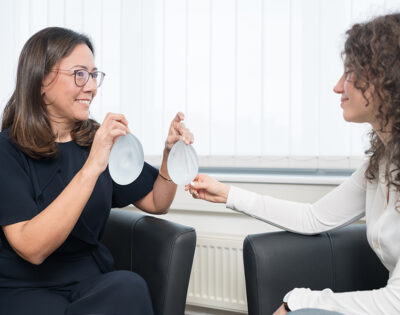Bromelain – herbal medicine
Bromelain is a herbal medicine that is frequently used in allopathy and naturopathy. Bromelain is the umbrella term for a group of different molecules, also known as enzymes, which accelerate chemical reactions.
Where does the name come from?
The name is derived from the bromeliad plant family (Bromeliaceae), in which bromelain can be found. The anti-inflammatory effect was already described in 1962 (Seligman B., 1962, Angiology).
Different bromelain enzymes can be extracted from the pineapple fruit and the pineapple stem (de Lencastre Novaes LC, et al., 2016, Biotechnol Prog.). Bromelain breaks down proteins such as hemoglobin, gelatin or fibrin into smaller components. It is being discussed that the effect of bromelain cannot be explained solely by its enzymatic activity. For example, bromelain suppresses the release of inflammatory messengers and inflammatory enzymes (IL-1β, IL-6, TNF-α, and PGE2, iNOS) (Bakare AO, Owoyele BV., 2021, Sci Rep.).
What effect does bromelain have?
Bromelain inhibits the migration of specific cells of the immune system (neutrophil granulocytes) (Fitzhugh DJ, Shan S, et al., 2008, Clin Immunol) and activates macrophages (Engwerda CR, Andrew D, et al., 2001, Cell Immunol.).
There is evidence that bromelain relieves pain two to three days after wisdom tooth surgery, although there is no evidence of a reduction in swelling (de A C Almeida R, de Sousa Lima FCM, et al., 2019, Int J Oral Maxillofac Surg.). Enzymes are dosed in F.I.P. units according to their total proteolytic activity. Usually 500 to 1,000 F.I.P. units per day are recommended for up to seven days after the operation.
Side effects / interactions
Side effects such as allergic reactions, a tendency to bleed, stomach problems and digestive disorders affect up to one percent of patients. Due to the risk of interactions, bromelain should not be taken in combination with aspirin or tetracycline. Due to its good tolerability, bromelain can be used as a supportive measure after plastic surgery operations, even if safe and high-quality proof of its effect is still pending (Harris L, Darby P., 2020, Plast Reconstr Surg Glob Open.).




